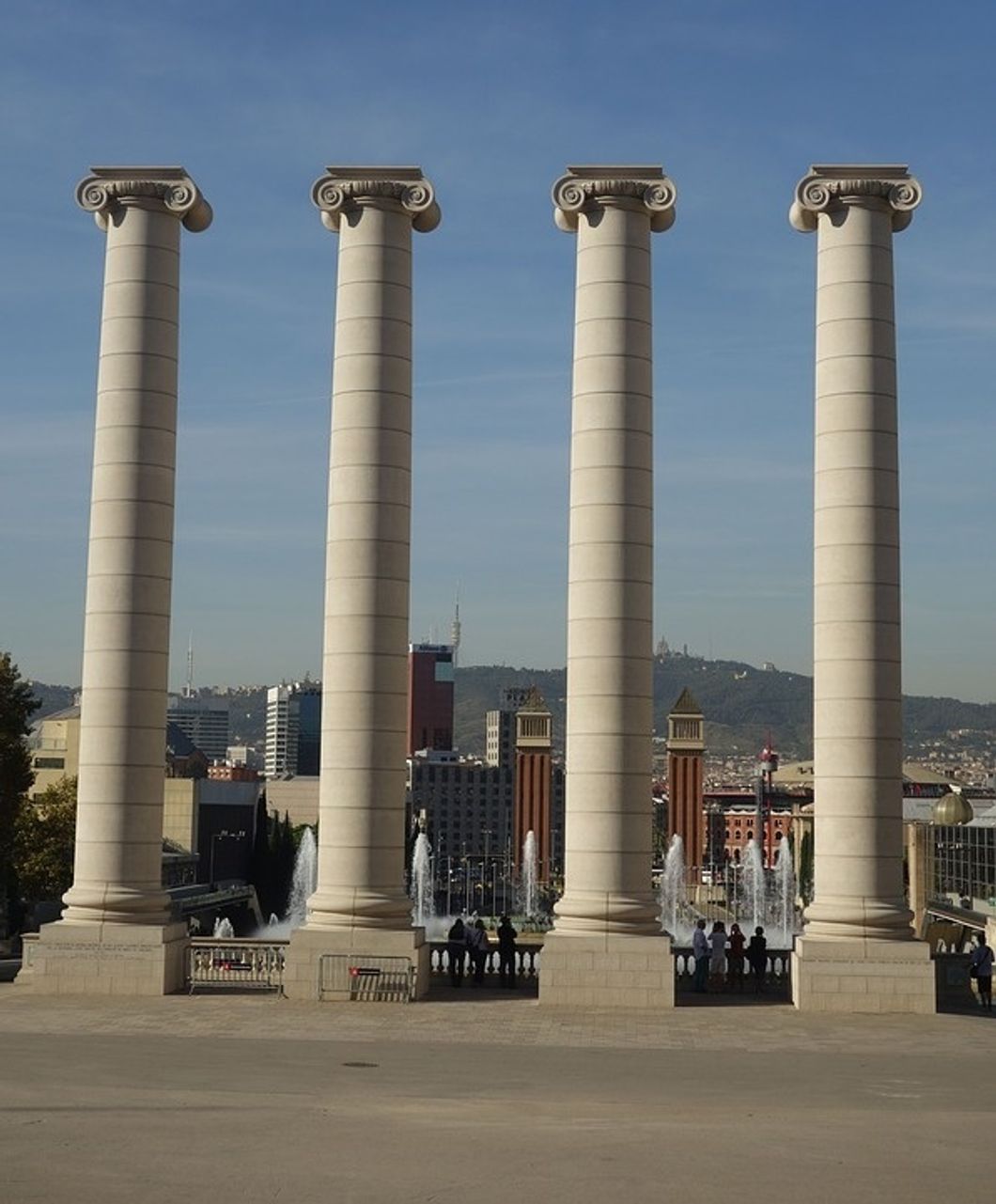NOTE: Although I speak in general sense, my generalizing language should be read to be understood as a majority, based off historical and modern research and surveys.
I have met quite a few people on my political journey so far that are all over the political spectrum. I have seen and been a part of countless debates—a few of which that turned violent.
But this is not about the violence that either side engages in. Instead, this is about explaining the ideas that myself and many others who identify as conservative hold because the left and the right simply do not understand each other so this is our chance to sit down and try to understand one another.
Before I get into the pillars of American conservatism, it is important to recognize the underlying ethic of the ideology. Conservatism, like liberalism, is not just a set of policy prescriptions relating to economics, domestic and foreign affairs, or criminal justice; but a general view of the world and the role of the American government system. No, we are not racist, sexist, homophobic, or any other -ist/-phobic. We are normal people who work, pay bills, and come from vastly different circumstances. Conservatives believe in:
Smaller government, meaning less regulation of the private sector, especially regarding the economy (less spending, lower taxes and no tax loopholes). The main purpose of the government, particularly in the United States, is to uphold a principle that was unique in our founding—that people are free by nature and have certain inalienable rights.
Charity should be the people's responsibility because of the fundamental belief that people, when left to care for their own affairs and those of their neighbors, tend to do so more effectively than government entities.
Personal responsibility being the primary, but not only, cause of success or failure in life.
With these in mind, let us review the four pillars of American conservatism as told by the Intercollegiate Studies Institute and The Conserver.
LIBERTY/FREEDOM
Since conservatives, like the great Enlightenment thinker John Locke, believe in individualism, we focus on the person as an agent of his or her own successes and failures. This leads to us believing that the right to/right to exercise life, liberty, freedom and property are inalienable and should be free from arbitrary restrictions. To put it simply, you and I are naturally entitled to be free from government oppression. Also, we are free to do what we want if we do not harm others or force them to do things (such as force them to perform a service/job without reasonable compensation).
ORDER/TRADITION
All in all, we tend to prefer the tried and true over the new and unproven. However, this does not mean we hate change. If change comes, it should be a slow and incremental one as opposed to a quick and drastic one. We prefer facts and trends over anecdotes. After millions of years, western society has found a manner of organizing society in a way that is equitable to many different people from diverse backgrounds, respecting and defending the rights and liberties of the people, while simultaneously fighting forces of evil.
Our focus on order comes from humanity's understanding of its' absence. When there is no order, there is no civilization. Looking within, if there is disorder and chaos within the individual, we cannot possibly sustain our external system.
THE RULE OF LAW
We believe that the law should be applied to all persons equally, without regard to wealth or status. These laws must protect freedom and liberty, reasonably punish those who do harm to others and promote good fortune among the public. With that said, we tend to follow a strict adherence to the United States Constitution—the law of the land. We have a very big problem when there are those who wish to go against the founding document that made the United States what it is today when they want to use government force to censor individuals, coerce people to provide a service, or even to make us like another country. Our idea of American exceptionalism is rooted in the fact that we balance the rule of law with the promotion of prosperity of the people.
JUSTICE
This is one of the most important values espoused by conservatives. To us, justice means that every person has a right to what is theirs, meaning they have the right to the fruits of their labor and to be viewed equally in the eyes of the law. Unfortunately, the eyes of the law are humanized, but we have a responsibility to make it as equitable as possible. Our defense, while at times is vigorous, of free-market capitalism stems from this view of justice. To us, free-market capitalism is the most morally justified system because all transactions are voluntary, empowers the people, brings people out of poverty, and is consistent with our promotion of equality of opportunity and rejection of equality of outcome or condition.
In the end, the conservative and liberal are both fighting for similar results, however, we just disagree on the path the get there. Plus, let's be honest here: all the noise in the political realm probably come from the single digit percentage of people who have never been outside of their circle and who probably downloaded their college degree from Google Images.
Anyway. Once we understand each other (and I believe we can) we can truly meet somewhere in the middle, get things done, and get out of this funk we are in. Are you with me?



















